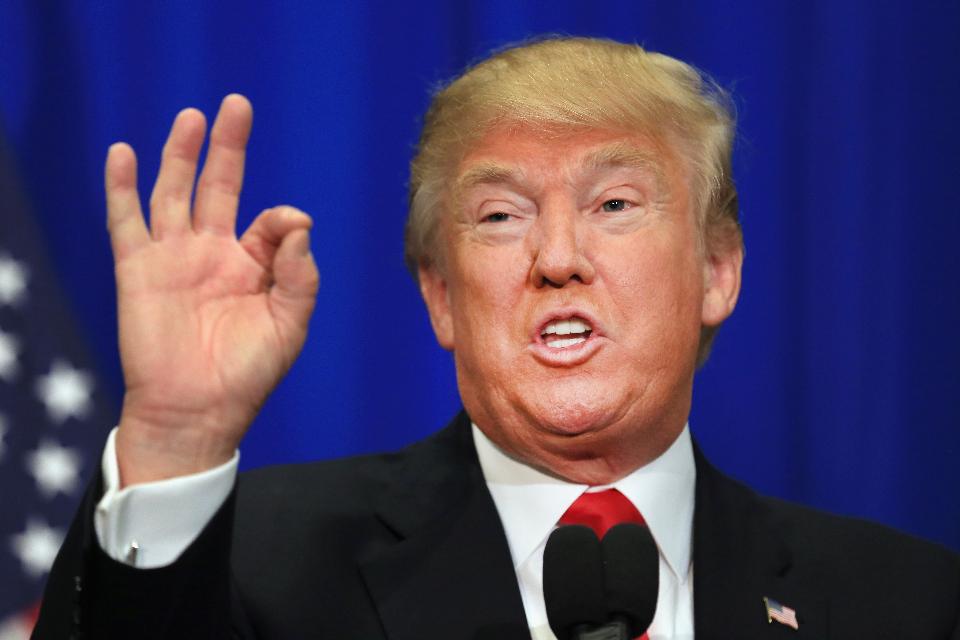A Swedish appeals court on Friday upheld an arrest warrant for WikiLeaks founder Julian Assange over a 2010 rape accusation, rejecting his request to have it lifted.
The court announced in a statement that Assange “is still detained in absentia”, adding that it “shares the assessment of the (lower) district court that Julian Assange is still suspected on probable cause of rape… and that there is a risk that he will evade legal proceedings or a penalty.”
The 45-year-old Australian has been holed up in the Ecuadoran embassy in London since June 2012, seeking refuge there after exhausting all his legal options in Britain against extradition to Sweden.
Assange has refused to travel to Stockholm for questioning over the rape allegation, which he denies, due to concerns Sweden will extradite him to the United States over WikiLeaks’ release of 500,000 secret military files on the wars in Afghanistan and Iraq.
This is the eighth time the European arrest warrant has been tested in a Swedish court. All of the rulings have gone against him.
The appeals court said Assange’s four-year embassy sequestration “is not a deprivation of liberty and shall not be given any importance in its own right in the assessment of proportionality.”
The length of his embassy stay and “the earlier passivity” of police investigators were “arguments for setting aside the detention,” it noted.
“However, the relatively serious offence of which he is suspected means that there is a strong public interest (in) the investigation being able to continue.”
“At present, continued detention therefore appears to be both effective and necessary so as to be able to move the investigation forward. The reasons for detention therefore still outweigh the intrusion or other detriment that the measure entails for Julian Assange.”
Swedish prosecutor Marianne Ny hailed the decision.
“The public interest in having the investigation proceed still carries a lot of weight, in our opinion. The court has here shared our opinion that upholding the arrest warrant is in line with principle of proportionality,” she said in a statement.
(Sourced from agencies, Feature image courtesy:oneindia.com)
























